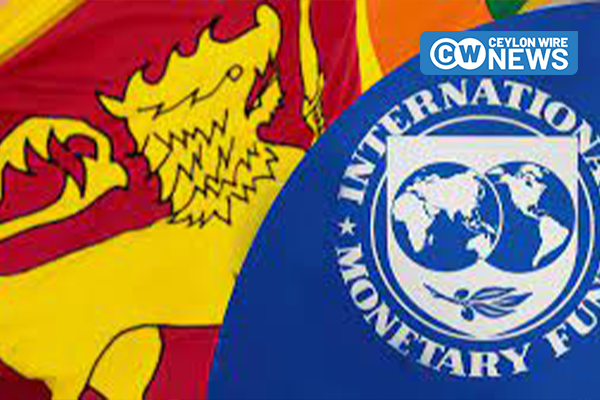According to Verité Research’s latest update of the ‘IMF Tracker,’ Sri Lanka has verifiably failed to meet 25% of the commitments due by the end of May 2024 under the program renewed in December 2023. Out of the 63 commitments due, 32 were classified as ‘met’, 16 as ‘not met’, and 15 as ‘unknown’ due to a lack of available data.
The prognosis of failing on governance stems from an examination of the 16 commitments that were ‘not met’. Seven of these were related to financial management, six to financial transparency, and three to anti-corruption measures. Sri Lanka’s failure to comply with the IMF program is particularly pronounced in the areas identified as the root causes of the economic crisis: financial transparency, management, and corruption. Many of the unmet commitments from the second disbursement also pertained to transparency and anti-corruption actions.
The governance diagnostic assessment (GDA) led by the IMF and published in September 2023 was the first of its kind for an Asian country. It aligned closely with a separate GDA published by Sri Lanka’s civil society. This 17th IMF program was hoped to decisively address Sri Lanka’s economic issues by tackling corruption and poor governance. However, the repeated neglect of these actions in program renewals indicates that the IMF may not be prioritizing compliance with governance commitments adequately.
The standard fiscal measures prioritized by the IMF are similar to those in the 16 previous programs. What sets the current program apart is its emphasis on substantial measures to improve transparency and combat corruption. If these measures do not form the foundation of Sri Lanka’s economic recovery, it could result in yet another IMF program within five years of the current one’s conclusion.
(Verité Research)









